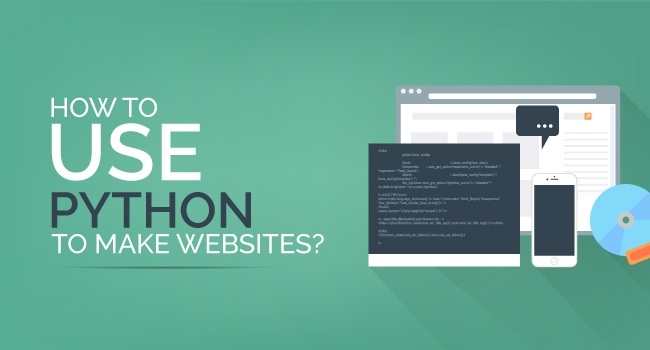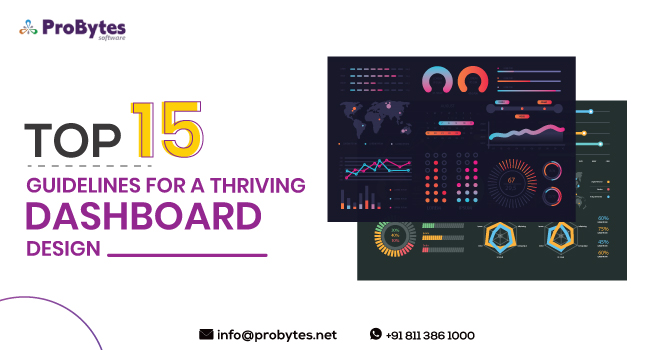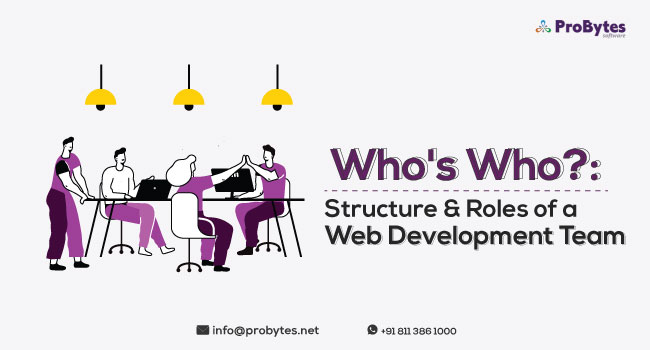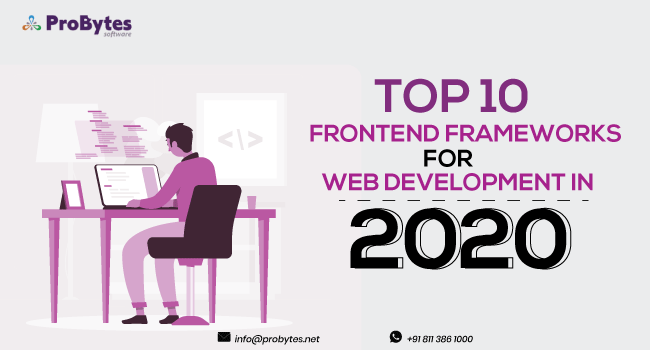Blog Category(283 Blogs)
It is fairly easy and affordable to setup an online store these days. Once you have decided on starting a website, you have to pocket a good domain name. The major work that remains now is website development. For that, you need to choose a really good platform. Let us take a look at the major available options.
OPEN SOURCE & FREE E-COMMERCE SOFTWARE
Magento
The most popular e-commerce software out there right now, Magento is powerful and has huge support available. It can support multi-store and multi-language retailing. There is a huge range of add-ons available too. If your business has huge traffic, Magento is the way to go. One major shortcoming is that Magento needs knowledgeable resources for the best results.
Pros
Search engine friendly
Optimized for mobile devices as well
Can manage multiple store fronts
Wide community of users across the world
Extensive customization
Ability to scale up to small and large businesses
Cons
Lack of suitable developers
Complex, not so easy to use unless you are a developer
Requires very good hosting environment
Prestashop
An easy to use software with a backend that is user-friendly. Prestashop customization options are numerous. There is also an active community that develops new add-ons. However, it is not as powerful or resource intensive as Magento. There are really good Prestashop multi-vendor features, making it an ideal choice for marketplaces.
Pros
Easy to install
Prestashop customization is well-known for its flexibility
Prestashop latest version has responsive backend, making it possible for store owners, managers, and marketers to access store information and effectively run the business from just about any Internet-enabled device, including tablets and smartphones.
Very easy to use its intuitive and simple interface
Marketing and SEO friendly
Supports multiple languages and currencies
Prestashop multi-vendor support
Cons
Not suitable for larger businesses
Difficult settings for shipping and taxes, multi stores, attributes, etc.
Virtuemart (joomla)
Virtuemart is the most widely used shopping cart software for Joomla. This software is suitable for most basic online store applications. Its best selling point is its ability to control the store, products, settings and user lists from directly within Joomla. Once installed, Virtuemart becomes a part of Joomla. Also, this software supports a large number of shipping, payment and checkout options.
Pros
Easy to use, good modules
Ability to update store from any computer with internet access
Support for many merchant accounts and shipping options
Basic organizational features
Cons
Installation and Maintenance can be difficult for beginners
Lacks detailed configuration options
Often requires 3rd party development or additional software
Woocommerce
This is a plugin for the world’s most popular CMS – Word press. Hence, it is easy to manage for even non-technical users. It is very easy to use and has really good reporting features.
Pros
Very lightweight and easy to install
Doesn’t require a high learning curve
It has all the necessary tools to create a unique storefront look
Unlimited options for design customization
Cons
Woocommerce lacks some functionality like product variants, multiple languages and currencies, multi-store, etc.
Implementing a middle or big scale shop may become a serious issue
Lacks good quality extensions
PAID E-COMMERCE SOFTWARE
Shopify
Shopify is widely regarded as the most easy to use platform to get a site up and running within minimum time. You don’t need to know much about coding to operate Shopify. However, being easy to use means sacrificing on the customisation front. Shopify has four plans – Starter, Basic, Professional and Unlimited with charges of Rs.818, Rs.1635. Rs.4388 andRs.9939 per month respectively.
Pros
Extremely easy to use
100% web-based online shopping cart software
Shopify comes with integrated, unlimited hosting
Free, customizable store templates
Google Analytics and social media integration is supported
Cons
Organizing so many items into clear, easy-to-use groups is not easy
Transaction fees involved for every plan, except for the most expensive plan
They have their own programming language, Liquid, for customizing templates
Big Commerce
This is another easy to use ecommerce platform. It is extremely easy to set up, and doesn’t require you to know codes really well. In most respects, it is similar to Shopify. However, Big Commerce doesn’t require you to learn any special programming languages. But customization is more difficult than it is with Shopify. It has 5 different plans, and is relatively expensive.
Pros
Easy to setup
Edit themes using HTML/CSS
Support for International Shipping
Cons
Built-in Templates are not particularly appealing
Comparatively complex customization features
Limited support for third party application
Volusion
Volusion is reasonably priced with hidden charges for extra bandwidth used. But, there is no transaction fee. The software has over 120 free templates, which are generally basic and would require editing. Customer support is not a strong point for Volusion either.
Pros
No transaction fees
Low price
Free templates
Cons
Unintuitive user interface
Hidden bandwidth fees
Horrible customer support
These are the best options available in the market right now, with Magento and Prestashop leading the way.
In February 2013, Tom Robertshaw’s quarterly eCommerce survey reported Magento as the leading ecommerce platform among Alexa’s top one million sites with 26% of the market share. Magento is leading for the third time in a row. VirtueMart and PrestaShop come in second and third respectively.
As a business owner, it is important for you to maintain an online presence for growth. You have to look at major aspects such as Magento feature set Prestashop customization, Magento product management and Prestashop multi-vendor capability and decide on the software that suits you best.

 Python
Python Magento
Magento Odoo
Odoo How To
How To How Much
How Much Yii Development
Yii Development Core PHP
Core PHP Prestashop
Prestashop Latest News
Latest News Education
Education Web Design
Web Design Business
Business Ecommerce
Ecommerce Travel
Travel Banking and Finance
Banking and Finance Web Development
Web Development Ruby On Rails
Ruby On Rails Joomla Development
Joomla Development Ecommerce
Ecommerce Magento Development Services
Magento Development Services Hire a Developer
Hire a Developer Web Crawling Services
Web Crawling Services










